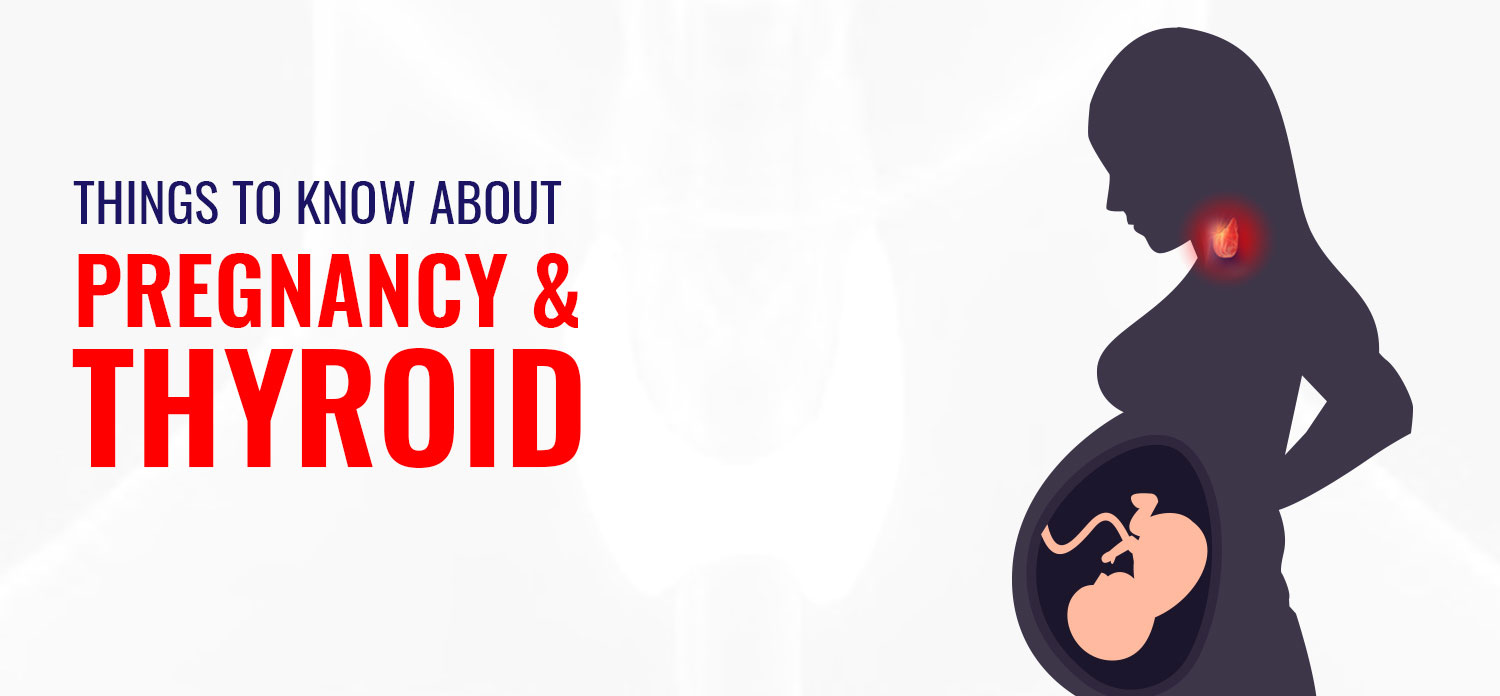First of all, lets us know what is a Thyroid? So that it would be easy to understand how the body conditioning during that ailment and how can we overcome it. Another factor is the Thyroid during the period of pregnancy what should one take care of that during that exact time. I am going to explain in detail. So stay close to the topic.
What is Thyroid?
This thyroid gland is an organ that is situated in the front of the neck area which is enclosed by the windpipe (trachea). It's moulded like a butterfly, more modest in the center with two wide wings that reach out around the side of your throat. The thyroid is an organ. You have organs all through your body, where they make and convey substances that help your body with accomplishing something specific your thyroid makes chemicals that assist with controlling numerous crucial elements of your body.
Exactly when your thyroid doesn't fill in true form, it can influence your entire body. If your body makes a ton of thyroid compounds, you can encourage a condition called hyperthyroidism. If your body makes too negligible thyroid synthetic, it's called hypothyroidism. The two conditions are dead serious and ought to be treated by your clinical consideration provider.
Things that you must know about Pregnancy and Thyroid:
It is an unknown fact that thyroid hormone is essential for the unhindered growth and development of a foetus’s brain and nervous system. But its overproduction or low production becomes a concern during pregnancy. Both types of thyroid diseases— hyperthyroidism and hypothyroidism are relatively common affecting more than four per cent of expectant women worldwide.
In the first trimester of pregnancy, a foetus gets the required amount of thyroid from its mother, but in the latter stages of pregnancy, its body starts producing this hormone on its own. To produce thyroid on its own, the baby in the womb starts absorbing iodine from its mother’s diet, therefore, a mom-to-be is advised to increase her daily iodine intake to 250mg per day. Iodised salt and prenatal vitamin supplements are enough to provide the daily requirement of iodine during pregnancy.
During pregnancy, it’s normal for the thyroid gland to enlarge a little; however, the increased size is usually not detectable. If the change in the size of the thyroid gland is visible during pregnancy, the expectant mother is warned against the risk of the onset of the thyroid.
The most normal thyroid problem happening around or during pregnancy is thyroid chemical lack or hypothyroidism. During pregnancy, tendons become milder and stretch to set you up for work. This can put a strain on the joints of your lower back and pelvis, which can cause spinal pain.
Outrageous queasiness and retching of pregnancy is a clinical condition named Hyperemesis gravidarum. Stay away from iron pills on the off chance that they cause constipation. Some diseases that happen adventitiously during pregnancy can cause birth surrenders. In ladies who are not pregnant, hyperthyroidism can influence feminine periods, making them unpredictable, lighter, or vanish inside and out. Placental suddenness is the untimely separation of an ordinarily situated placenta from the mass of the uterus.
A few issues are identified with (are inconveniences of) pregnancy. Morning infection influences somewhere in the range of 50 and 85 per cent of all pregnant ladies during pregnancy. Thromboembolic illness is the main source of death in pregnant ladies. In thromboembolic illness, blood clusters structure in veins. Pregnant ladies and their unborn youngsters by and large endure gentle and moderate thyroid issues without critical medical conditions. Fever late in pregnancy builds the danger of preterm work.
Hyperemesis gravidarum is an amazingly serious sickness and exorbitant heaving during pregnancy. Hyperemesis gravidarum differs from ordinary morning sickness Preeclampsia may lead to premature detachment of the placenta from the uterus (placental abruption). A few types of hyperthyroidism put a baby in danger of developing gradually and being in danger of stillbirth. Rh inconsistency happens when a pregnant lady has Rh-negative blood and the embryo has Rh-positive blood, acquired from Rh-positive dad blood. Side effects incorporate queasiness, heaving, stomach distress, and jaundice. The issue may quickly deteriorate, and liver disappointment might create.
Every year in the UK, Hundreds of thousands of ladies are influenced by the unnatural birth cycle. Digestion changes in pregnancy once in a while cause a need to change the portion of thyroid meds. Distress is a characteristic response to the unnatural birth cycle and it is entirely expected for it to be actually that exceptional get-togethers other deprivation.
Types of Thyroid Problem in Pregnancy
* Hyperthyroidism: If the thyroid gland starts producing an excess amount of thyroid during pregnancy, it results in a condition called hyperthyroidism. According to the American Thyroid Association (ATA), if hyperthyroidism during pregnancy doesn’t get timely treatment or goes undiagnosed, it may lead to deformations in the baby, stillbirth and premature birth.
* Hypothyroidism: Hypothyroidism occurs when the thyroid gland fails to produce the required amount of thyroid hormone during pregnancy. According to the American Thyroid Association, undiagnosed hypothyroidism or its delayed treatment in expecting women may lead to mental problems in the baby.
Causes of Hyperthyroidism during Pregnancy
The presence of human chorionic gonadotropin (HCG) and increased levels of estrogens during pregnancy contribute to the increased risk of hyperthyroidism in pregnant women. It’s because HCG, which has almost similar properties like TSH (thyroid-stimulating hormone), shoots up the production of thyroid in pregnancy thus causing thyroid problems.
Symptoms of Thyroid in Pregnancy
• The oversized thyroid gland, which is detectable in thyroid tests.
• Increment in the level of thyroid hormone in the blood level.
• Irregular heartbeats.
• Increased muscle cramps.
• Increased appetite.
• Unwanted weight loss is hyperthyroidism.
• Unwanted weight gain is hypothyroidism.
• Poor concentration.
• Heart palpitations.
• Lethargy.
• Persistent feeling of morning sickness.
• Heat intolerance and sweating are the other two symptoms of hyperthyroidism during pregnancy, according to the National Women's Health Information Centre.
How are thyroid conditions during pregnancy examined?
Them woman may get her mood to keep on changing now and then her mind may not be on self-control.
Heavy Bleeding:
• Clinical consideration providers don't generally test your thyroid beforehand or during pregnancy except in case you're at high peril of having a thyroid condition or you have signs or signs of one.
• On the off chance that you have signs or manifestations of a thyroid condition, particularly during pregnancy, tell your supplier. Indications of a condition are things another person can see or think about you, similar to that you have a rash or you're hacking. Manifestations are things you feel yourself that others can't see, such as having a sensitive throat or feeling tipsy. Signs and side effects of thyroid conditions might show up leisurely over the long haul. Many are signs and side effects of other medical issues, so having one doesn't generally mean you have a thyroid issue.
• Your supplier gives you an actual test and a blood test to check for thyroid conditions. The blood test estimates the degrees of thyroid chemicals and thyroid invigorating chemicals (likewise called TSH) in your body. TSH is a chemical that advises your thyroid organ to make thyroid chemicals. If you figure you might have a thyroid condition, get some information about testing.


